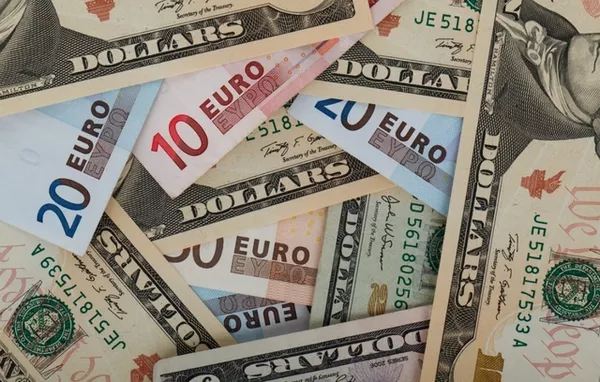Money plays a fundamental role in the functioning of economies, facilitating transactions and serving as a store of value. In the United Kingdom, the British Pound, symbolized by GBP, is the official currency. Renowned for its rich history and global significance, the pound sterling holds a prominent position in international trade and finance. In this article, we will delve into the intricacies of the British Pound, exploring its origins, characteristics, denominations, and the factors that influence its value.
1. Historical Significance:
The British Pound has a long and storied history, dating back over a thousand years. Its origins can be traced to the Anglo-Saxon period, when silver pennies were used as a medium of exchange. The pound sterling, initially introduced by King Henry II in the 12th century, was standardized as the official currency in the Kingdom of England. Throughout the centuries, the pound has maintained its status and evolved into the modern currency we know today.
2. Currency Symbol and Code:
The British Pound is denoted by the currency symbol “£” and is commonly referred to as “GBP,” which stands for “Great British Pound.” The symbol originates from the Latin word “libra,” which means a unit of weight or balance. The symbol represents the currency’s historical ties to weight and measurement.
3. Denominations:
The British Pound is divided into smaller units, with coins and banknotes representing various denominations. The pound is divided into 100 pence (symbolized by “p”). Common coin denominations include 1p, 2p, 5p, 10p, 20p, 50p, £1, and £2. Banknotes are issued in denominations of £5, £10, £20, and £50. Each banknote features distinct designs and historical figures, reflecting the rich cultural heritage of the United Kingdom.
4. Legal Tender:
The British Pound is the official currency of the United Kingdom, which includes England, Scotland, Wales, and Northern Ireland. It is widely accepted as legal tender within these regions, and businesses are legally required to accept the currency as payment for goods and services. However, there are certain instances where businesses may set their own policies regarding payment methods or refuse specific denominations.
5. Value and Exchange Rates:
The value of the British Pound fluctuates in international currency exchange markets. Exchange rates determine the value of the pound in relation to other currencies. The Bank of England, as the country’s central bank, influences the value of the pound through monetary policies, such as interest rate adjustments and quantitative easing measures. Economic indicators, political events, and market forces also contribute to exchange rate fluctuations.
6. Role as a Global Reserve Currency:
The British Pound has historically played a significant role as a global reserve currency. It has been widely held by central banks around the world as part of their foreign exchange reserves. The pound’s status as a reserve currency provides stability and facilitates international trade and financial transactions.
7. Influence of Monetary Policy:
The Bank of England, as the custodian of monetary policy in the United Kingdom, plays a crucial role in shaping the value of the pound. The bank’s Monetary Policy Committee (MPC) determines the key interest rates, aiming to achieve price stability and support sustainable economic growth. The decisions made by the MPC can impact the value of the pound in relation to other currencies.
8. Impact of Economic Factors:
The strength and stability of the British Pound are influenced by various economic factors. These include GDP growth, inflation rates, employment levels, trade balances, and investor confidence. Positive economic indicators often contribute to a stronger pound, while economic uncertainties or negative trends can lead to its depreciation.
9. Brexit and Currency Volatility:
The decision of the United Kingdom to leave the European Union, known as Brexit, has had a significant impact on the value of the British Pound. The process of negotiating and implementing Brexit has introduced uncertainty into the economic and political landscape, leading to increased volatility in the currency markets. The outcome of the ongoing negotiations and future trade agreements will continue to influence the pound’s value.
Conclusion:
The British Pound, symbolized by GBP, is an iconic currency with a rich historical legacy. As the official currency of the United Kingdom, it plays a vital role in domestic and international trade. The pound’s denominations, exchange rates, and value are influenced by economic indicators, monetary policies, geopolitical events, and market forces. Understanding the characteristics and dynamics of the British Pound provides insights into the intricacies of the global financial system and its impact on the United Kingdom’s economy and trade relationships.


